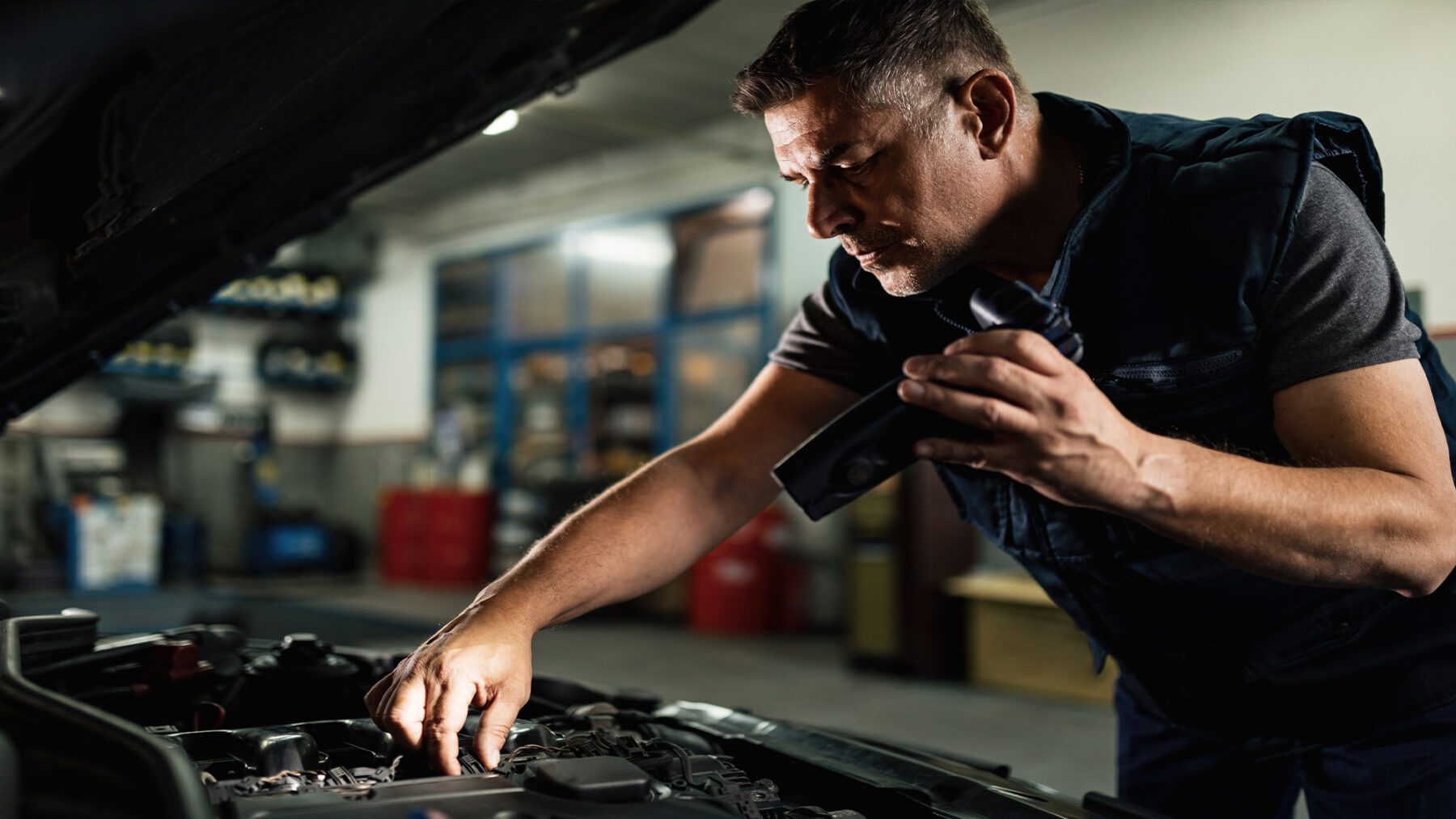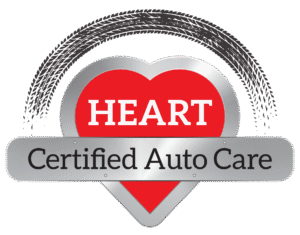When to Get a Toyota EVAP System Test in Wilmette


Your vehicle’s efficiency and environmental impact are greatly influenced by its evaporative emission control system (EVAP). If you drive a Toyota, knowing when to get a Toyota EVAP System Test in Wilmette is crucial for maintaining your car’s health. This guide will walk you through the importance of the EVAP system, signs that indicate you need a test, and how to go about it.
Why the EVAP System Matters
- Reduces environmental pollution
- Improves fuel efficiency
- Prevents the release of harmful hydrocarbons
- Ensures the vehicle meets emission regulations
Signs You Need a Toyota EVAP System Test in Wilmette
Understanding when to seek a Toyota EVAP System Test in Wilmette can save you from larger issues down the road. Here are some common indicators:
1. Check Engine Light: When the check engine light illuminates, it could be due to a variety of reasons, including issues with the EVAP system. While the light itself doesn’t specify the problem, it’s a signal that you should not ignore.
2. Fuel Odor: If you smell gasoline around your vehicle, especially near the fuel tank, it may indicate a leak in the EVAP system. This odor is a sign that fuel vapors are escaping, which can be both dangerous and environmentally harmful.
3. Failed Emissions Test: During an emissions test, if your car fails to meet the required standards, it might be due to a malfunctioning EVAP system. This failure can prevent you from registering your vehicle until the issue is resolved.
4. Poor Fuel Economy: A decrease in fuel efficiency is another red flag. When the EVAP system is not working correctly, your car may burn more fuel, leading to increased trips to the gas station.
5. Rough Idling: An idling engine that feels rough or inconsistent can also be a symptom of EVAP system issues. It means the engine is not receiving the proper mixture of fuel and air.
Recognizing these signs early and seeking a Toyota EVAP System Test in Wilmette can prevent more significant problems and ensure your car’s optimal performance.
Why Conduct a Toyota EVAP System Test in Wilmette?
- Environmental Responsibility: Driving a car with a faulty EVAP system contributes to air pollution. By conducting regular tests, you ensure that your vehicle releases fewer harmful emissions.
- Cost Savings: Early detection of EVAP system problems can save you money on costly repairs down the line. A small investment in an EVAP system test can prevent significant expenses caused by prolonged damage.
- Vehicle Performance: A healthy EVAP system equals better performance. Your Toyota will run smoother, and you’ll enjoy improved fuel efficiency, translating to a more pleasurable driving experience.
- Legal Compliance: Ensuring your car meets state emission standards is not just a legal requirement but also a responsibility as a car owner. Regular EVAP system tests help you stay compliant with local regulations.
How Often Should You Get a Toyota EVAP System Test in Wilmette?
1. Annually: Incorporate the EVAP system test into your annual vehicle maintenance routine. This ensures any potential issues are caught early.
2. After the Check Engine Light Illuminates: Anytime the check engine light comes on, it’s wise to include an EVAP system test in your diagnostic process.
3. Before Emissions Testing: To avoid failing an emissions test, perform an EVAP system test beforehand. This preemptive measure can save you time and hassle.
4. Post-Major Repairs: After any significant repairs or if you’ve noticed a drop in fuel efficiency and an increase in fuel odors, get the EVAP system checked.
Regular EVAP system tests ensure your Toyota remains compliant with emission standards and performs efficiently throughout the year.
Steps Involved in a Toyota EVAP System Test
Understanding what happens during a Toyota EVAP System Test in Wilmette can help demystify the process and emphasize its importance. Here’s a step-by-step breakdown of what you can expect:
1. Visual Inspection: The mechanic starts with a visual inspection to check for any obvious signs of damage or leaks in the EVAP system components, such as the fuel cap, hoses, and canister.
2. Smoke Test: A specialized smoke machine injects vapor into the EVAP system. This test helps identify leaks by observing where the smoke escapes. It’s an effective method for pinpointing even the smallest leaks.
3. Pressure Test: A pressure gauge is used to pressurize the EVAP system, allowing the technician to measure how well it holds pressure. If the system fails to maintain pressure, it indicates a leak or malfunction.
4. Diagnostic Scan: Using an OBD-II scanner, the mechanic retrieves trouble codes from the vehicle’s computer. These codes provide insights into specific issues within the EVAP system, guiding further troubleshooting.
5. Functional Component Testing: Individual components like the purge valve, vent valve, and charcoal canister are tested for proper functionality. This ensures that each part is working as it should.
Knowing the steps involved in a Toyota EVAP System Test in Wilmette underscores its crucial role in maintaining your vehicle’s efficiency and compliance with emission standards.
Common Issues Detected During an EVAP System Test
When you opt for a Toyota EVAP System Test in Wilmette, several common issues might be detected, including:
1. Loose or Damaged Fuel Cap: A loose, damaged, or missing fuel cap is one of the most common culprits behind EVAP system alerts. It can lead to fuel vapors escaping and triggering the check engine light.
2. Faulty Purge Valve: The purge valve controls the flow of fuel vapors from the canister to the engine. If it’s stuck open or closed, it disrupts the system’s balance and efficiency.
3. Leaking Hoses: Hoses connecting different parts of the EVAP system can become brittle and crack over time, leading to leaks. Regular inspections help catch these issues early.
4. Malfunctioning Vent Valve: The vent valve regulates the release of vapors from the charcoal canister. A faulty vent valve can cause the system to fail emissions tests and affect overall vehicle performance.
5. Defective Charcoal Canister: The charcoal canister absorbs fuel vapors. Over time, it can become saturated or damaged, resulting in ineffective vapor capture and increased emissions.
Addressing common issues detected during a Toyota EVAP System Test in Wilmette ensures that your vehicle remains efficient, environmentally friendly, and compliant with emission standards.
Conclusion: Timing Your Toyota EVAP System Test in Wilmette
Scheduling a Toyota EVAP System Test in Wilmette is a proactive step every Toyota owner should take. It ensures your vehicle operates efficiently, reduces harmful emissions, and saves you from costly repairs. Regular testing promotes better fuel economy and guarantees compliance with emission standards. Prioritize your car’s health and the environment by making EVAP system tests a regular part of your maintenance routine.










